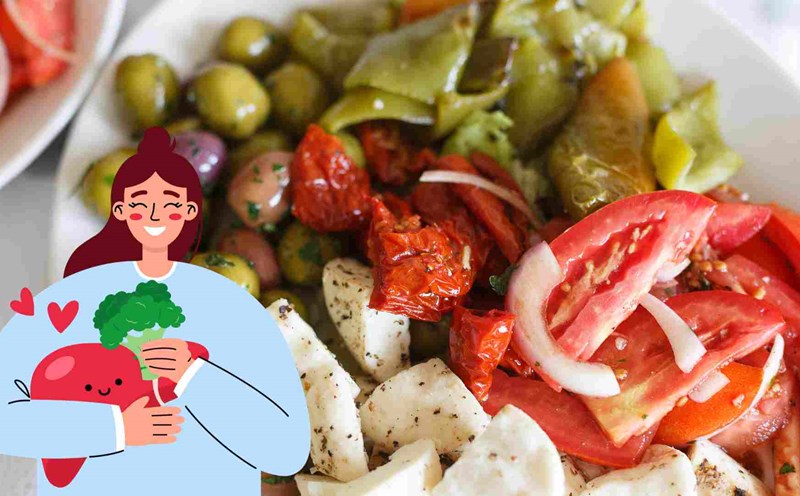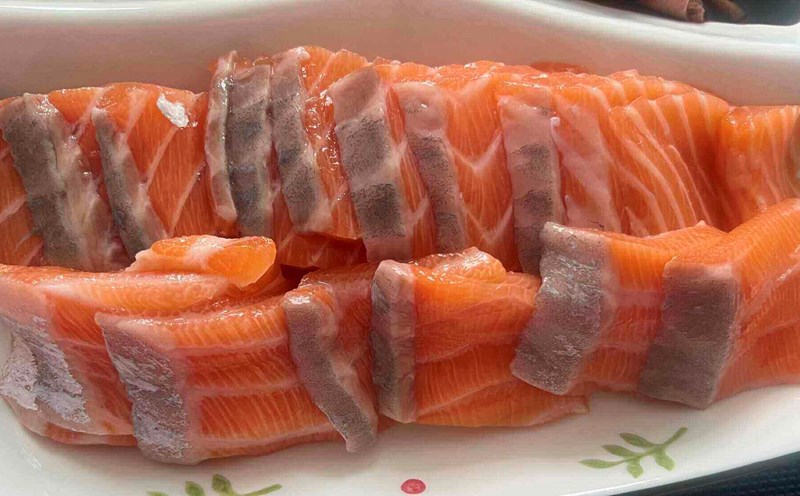Drinking at the right time is good for the liver
Many reputable medical studies have shown that drinking coffee at the right time can help reduce the risk of liver diseases such as fatty liver, cirrhosis and liver cancer.
However, the liver-protective effect of coffee depends on the time of consumption during the day.
According to research published in the Journal of Hepatology, drinking 23 cups of coffee a day is associated with a 2070% reduction in the risk of developing chronic liver disease. Researchers also recommend that coffee should be considered part of a healthy diet to support liver function.
However, it is important to drink coffee at the right time of the day to maximize the benefits.
Time frame for drinking coffee
The ideal coffee drinking time is around 9:30 am to 11:30 am. At this time, cortisol levels in the body - the hormone that regulates alertness and metabolism - begin to decrease after peaking at around 8 am.
Drinking coffee during this time helps caffeine to maximize its effectiveness without disrupting the biological cycle. At the same time, liver function is also stable and can absorb antioxidants in coffee such as cafestol and kahweol - substances that have been shown to help reduce inflammation and cirrhosis.
Conversely, drinking coffee too early, right after waking up, or too late, after 14 hours, can affect sleep, hormones and reduce the effectiveness of liver protection. Therefore, smartly choosing the time to drink coffee not only helps keep you alert but is also a natural "shield" for liver health.











